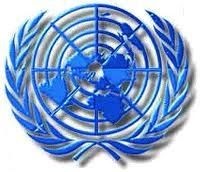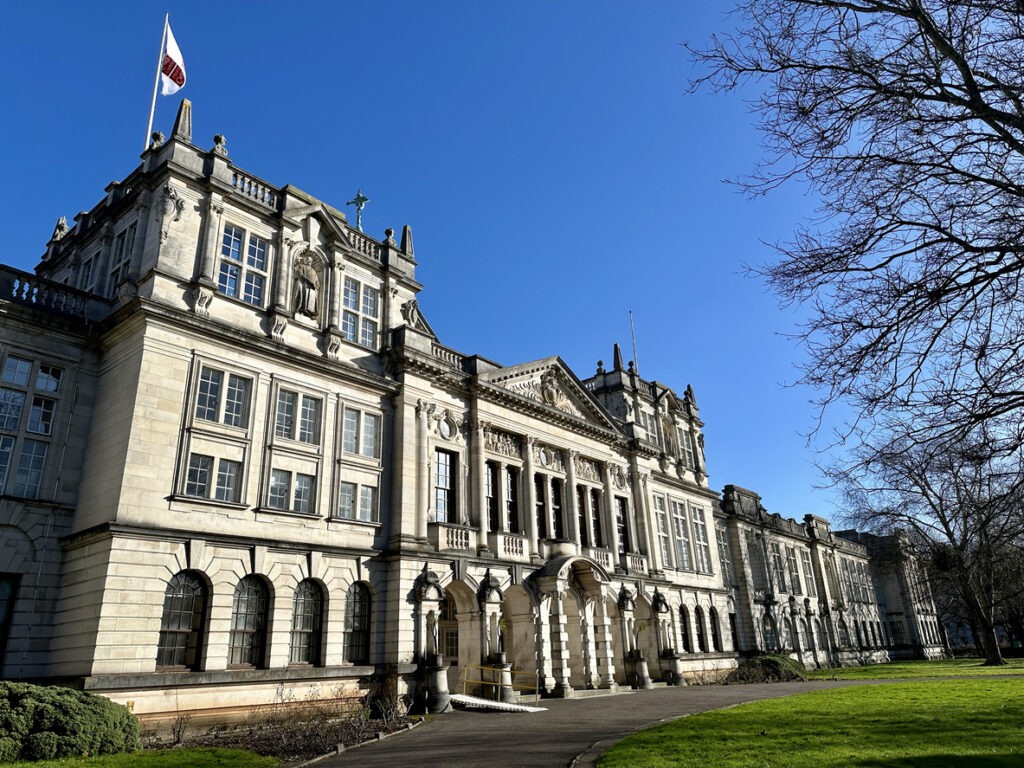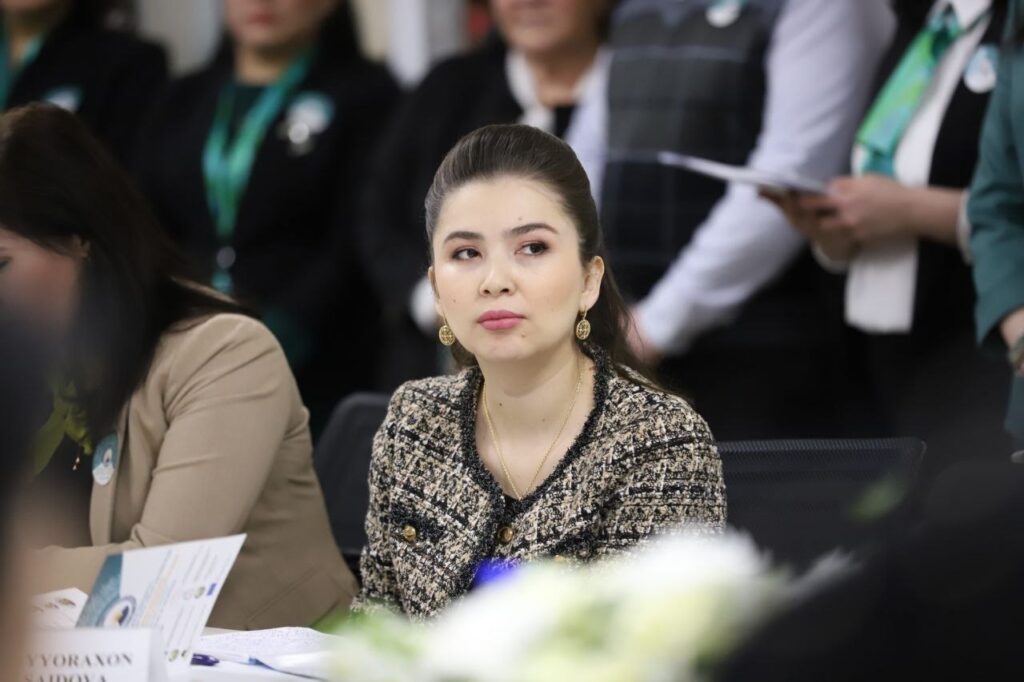ASTANA (TCA) — Nazarbayev University in Astana on November 21 hosted a round-table meeting which explored the theme “Policy and Research for the implementation of the Sustainable Development Goals (SDGs) in Kazakhstan”. The meeting was part of a series of other events that raise awareness about the Sustainable Development Goals (SDG), enabling countries to tailor the Goals to their needs. The meeting was organized by Nazarbayev University, United Nations Development Programme, National Analytical Centre and Regional Hub of Civil Service in Astana.
The Sustainable Development Goals were adopted in September 2015 by UN member-nations as the new 2030 Development Agenda, comprised of 17 goals that aim to end poverty, protect resources and promote equality and opportunity for all. Each of the 17 goals contains a number of indicators which will guide the achievement of the related goals in the course of 15 years, and in close partnership with all countries.
Concerted efforts of governments, private sector, non-governmental organizations and all groups of society are critical to fulfill the Sustainable Development Goals. Active involvement of academia and research institutions is an integral element of work needed to make SDGs a reality because the Goals are inclusive, closely interlinked, and require a holistic and result-oriented approach to obtain impactful outcomes.
Analytical centres and research institutions have productive capacities to help develop the required concepts and create a balanced understanding of interlinkages between the various SDGs in the context of Kazakhstan, and lay out a solid foundation for making informed and meaningful decisions concerning the SDGs.
“The achievement of the Sustainable Development Goals in Kazakhstan also relates to a scope of research interests of the National Analytical Centre, Graduate School of Public Policy, School of Humanities and Social Sciences of Nazarbayev University. The round-table is a unique opportunity for comprehensive exchange of ideas, experience and knowledge in sustainable development, analysis and alternative solutions to emerging challenges in this area,” said Weng Tat Hui, Dean of Graduate School of Public Policy at Nazarbayev University and Chairperson of the Board of Directors of JSC “National Analytical Centre” Aktoty Aitzhanova.
“Kazakhstan is taking a proactive approach in promoting the Sustainable Development Goals. The country is showing readiness to transit to a green economy, boost civil service reforms and further strengthen its position as a regional convener in various sectors. Essentially, Kazakhstan’s national priorities, the SDGs and UNDP’s goals are interlinked in ways that make all three of them mutually reinforcing. By working with academia and a diverse group of other partners we all can have a complete picture of what has been done to date to achieve the SDGs, and what areas need strengthening to accomplish the Goals in Kazakhstan and help other countries achieve them in a comprehensive way that respects quality, sustainability and inclusivity,” said UN Resident Coordinator and UNDP Resident Representative Norimasa Shimomura.
As a strong champion of civil service reform, Kazakhstan upon the initiative of UNDP created the Regional Hub of Civil Service that has become a powerhouse of research and innovation, enabling Kazakhstan and its partners to modernize civil service systems.
“The quality of civil service has a direct impact on achieving the SDGs. This is why the Regional Hub of Civil Service in Astana supports efforts of governments in building human and institutional capacities and promotes peer-to-peer partnerships, thus placing increasingly more emphasis on promoting SDGs 16 and 17,” said the Head of Office of the Regional Hub of Civil Service in Astana Yernar Zharkeshov.
The round-table provided opportunities to mobilize the potential of academia, expert community and civil society to prepare intellectual leadership for achieving the SDGs nationally and regionally.








